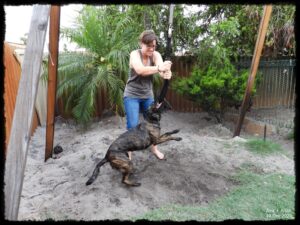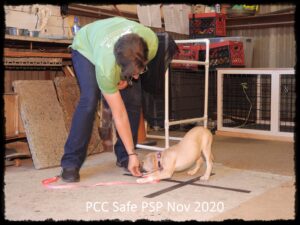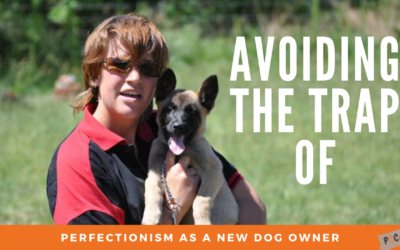One of God’s creatures I have found a lot of joy and challenge in, and learnt a lot of life lessons is the dog. I’ve always been committed to providing a safe and yet challenging haven for any dog in my care; a working puppy I am raising, a foster dog I am rehabbing, a client’s dog boarding with me and my own dogs. I wanted to help them by creating a resilient and strong individual, and not rely on me too much.
Here’s a collection of essential measures that I’ve found to be crucial in making our home a sanctuary for our four-legged family members:
Ensuring Animal Security

Securing our yard is a top priority to prevent any accidental escapes. It’s important to remember that dogs should never be left tethered without supervision. I limit tethering time to 2-4 hours a day, making sure they have access to water, shelter, and a designated toilet area away from their resting spot.
For long-term confinement areas, you need to make sure the dog has enough shelter, access to water and a toilet area that is far from where they sleep, eat, play and drink water. I would recommend that your dog shouldn’t be confined for more than 6-8 hours consecutively, and you should make sure to meet your dog’s mental-, physical- and driving needs before they go in for long periods.
For short-term confinement areas like crates, I would recommend dogs shouldn’t be confined for more than 4-6 hours consecutively, and you should make sure they have had a toilet break beforehand.
Identification for Animals
It’s vital to keep your dog’s identification updated for their safety. I highly recommend microchipping your dog and ensuring they always wear their council-registered tags.
Exercise Routine
Both physical and mental exercise play a vital role in a dog’s well-being. Engaging them in various activities like play, sports, walks, hikes, or swimming is essential. Always remember that dogs should remain leashed in public areas – it’s our responsibility to keep them safe.


Health Awareness

Keeping a vigilant eye for signs of illness or injury is crucial, and seeking immediate veterinary assistance when needed is a priority.
Monitoring Behavioral Patterns
Observing concerning behaviours? Seeking guidance from a professional dog trainer is immensely helpful. Finding the right trainer and method that suits both the dog and the owner is pivotal to success.
.
Long-Term Commitment
Owning a dog is a lifelong commitment. Evaluating if having a dog aligns with your household dynamics is crucial. Rehoming should always be a last resort after exhausting all responsible avenues. It is so important you think about how you want to educate your dog – do you want them to be only dependent on you or completely independent or reach a balance?
Financial Preparedness
Maintaining a dog’s well-being demands financial commitment. Being ready for expenses like emergency vet bills, grooming, quality diets, and continuous education is crucial.
By implementing these measures, you’re not just meeting your responsibilities; you’re creating an environment where your beloved furry companion can thrive and flourish. Let’s continue to build a haven where wagging tails and boundless love are always present!”









0 Comments